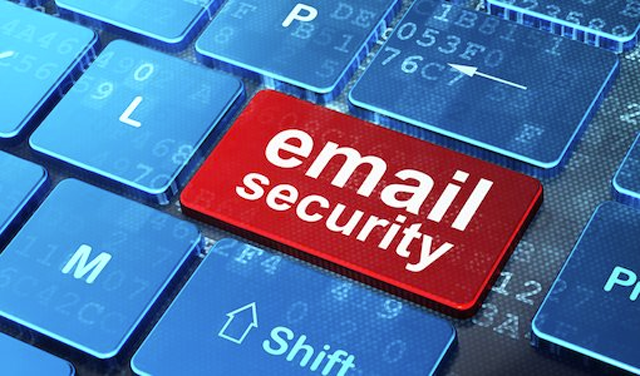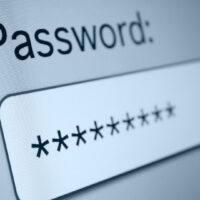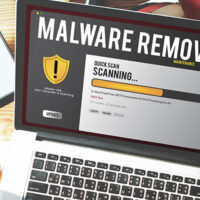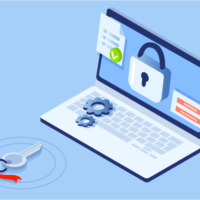How to Prevent Someone From Hacking Into Your Email Account

Email hacking is a hazardous thing to do. If you’re not sure what you’re getting into, the first thing you should do is to Google ‘what is phishing’. This will tell you what it is and how it can affect you.
Phishing is the broad term that various anti-phishing groups use to describe the techniques used by cyberstalkers to lure us into giving out our passwords, bank details, and other personal information. The word is a play on the word fishing. The idea is to reel in our offending party and deliver him to the gauge. Then, he will most likely use it to pay the ransom.
This is how we got into this mess. When we learned that the Nigerian post office (which is nearly eight million people strong) was going to shut our email account down, we decided that we would circle copyright the accounts of those of our friends who have opted-in to receive our messages.
We will stop sending our friends links to our work because they have opted-in to receive our messages. If we get alerted that a friend has filed a complaint about us, we will Link To them instead.
This is how THOUSANENTEEN Times my inbox has been shut down by email hackers.
HOW TO PREVENT YOUR EMAIL HACKERS
1. Make sure you use up-to-date antivirus software and a robust firewall in your PC.
2. If you notice your email going suddenly dormant or receiving a lot of junk mail, try rebooting your PC and waiting a few minutes before you turn it back on.
3. Do not turn off your PC entirely. Should your PC suddenly shut down, unlock it using your Administrator password and then run your antivirus software to run a system scan.
4. Download all the updates from your antivirus software regularly so that you can protect yourself against the latest threats.
5. Download all of the necessary patches from your Windows supplier and then restart your system under its safe mode. Once you are back in safe mode, run your antivirus software to run a system scan.
6. Once you have confirmed that your PC is virus-free, remove the virus from your contact’s PC and then run your anti-spyware software to remove any malware on your computer.
7. Erase all files that are on your hard drive that are labeled as potentially harmful. This includes files with.exe or.bat extensions. It also includes any.dll and.lnk files that the virus might have created.
8. Run your anti-spyware software to scan your computer thoroughly. Remove any malicious entries that it finds. This is antivirus software that you can purchase as there are various features, and they are well worth the money that you spend on them.
The only real protection is to have your computer scanned and be sure that it shows all the infections that are supposed to be there. But doing this can be a hassle, and it would be better if you could avoid it altogether.
To avoid it, you can try replacing a few letters in the name of your PC with some special characters that will make it harder for the virus to communicate with its master. It will also make it harder for the hacker to read your data when you back up, which will help you to restore your privacy sooner.
Use a different user name and password on your PC to hack more effectively and keep them hidden. Scan your computer with up-to-date antivirus software and make sure that it is functional and corrupted with a virus.



